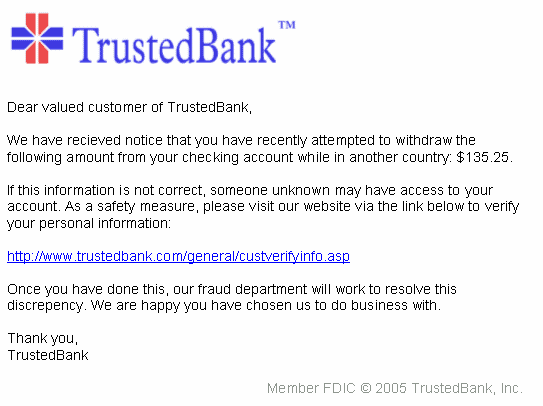Microsoft: 'E-crime must be easier to report'
House of Lords told cyber crime centre needed

Reporting online crime must be made easier, Microsoft and open source representatives advised the Government last week.
The House of Lords ' Science and Technology Committee is currently investigating online security for Britain's computer users . It was told by Microsoft and members of the open source community that despite cyber-crime increasing rapidly, the public still face difficulties when reporting online crime.
It was agreed that police lack the skills and expertise to deal effectively with cases of internet crime. Last October, the Metropolitan Police said most e-crime goes unreported because of a lack of contact points.
Jerry Fishenden, national technology officer at Microsoft , pointed out that reporting cyber crime is extremely difficult and said the public are confused as to how they report cases.
"We believe it is necessary to have as easy a reporting mechanism as possible," Fishenden said, "so that when people are victims of cyber-crime or attempted cyber-crime, there is a streamlined reporting structure, and ideally one body with responsibility for receiving those complaints and having appropriate resources to investigate and potentially initiate prosecutions where appropriate" .
US e-crime centre backed by FBI
He added that in the US, the Internet Crime Complaints Centre was established by the FBI nearly 10 years ago. It handles some 10,000 complaints a year.
"Establishing that type of scheme, as happened in the States, would enable us to get a much better grip on the scale of the problem in the UK," Fishenden said.
Sign up for breaking news, reviews, opinion, top tech deals, and more.
Alan Cox, who gave evidence on behalf of the UK's open source community, agreed. He said the confusion felt by the general public over how and who to report cyber-crimes to contributed to the growing problem of online crime.
"If you walk up to the desk sergeant at a typical police station, he does not understand the problems (and why should he?), and there is nowhere else to go. We need something which deals with electronic crime and computers - either an understanding in police stations, or we need a central contact point," Cox said.
Vista 'not rushed'
Asked by the Committee if Microsoft were more concerned with establishing market dominance by rushing out operating systems rather than ensuring their security, Mr Fishenden said: "I guess I would take almost the opposite view, we have been waiting five years for Windows Vista ."
"I certainly do not think it is true that we have been rushing out new operating systems without due account of security," Fishenden added.
The Science and Technology Committee began the investigation, led by Lord Broers, in July 2006. It is expected to report its findings in the summer.